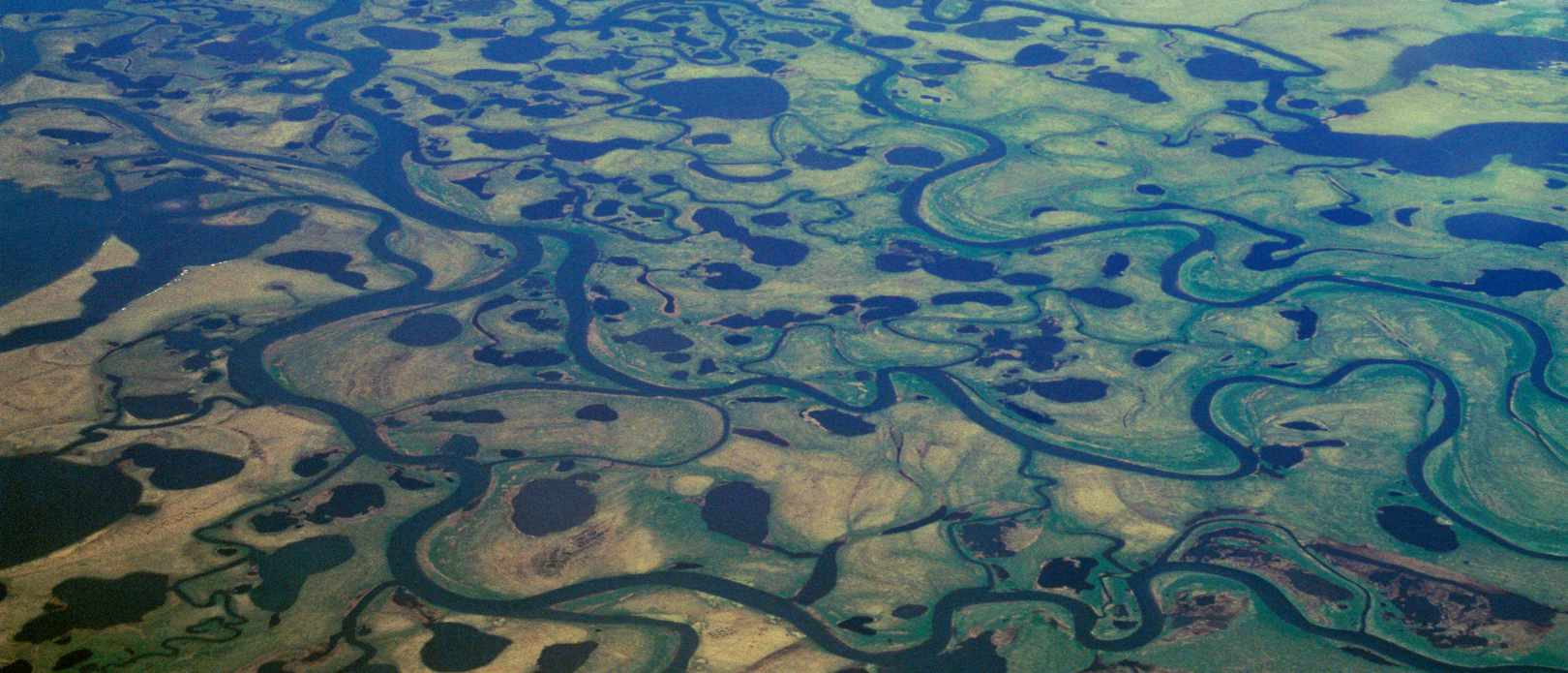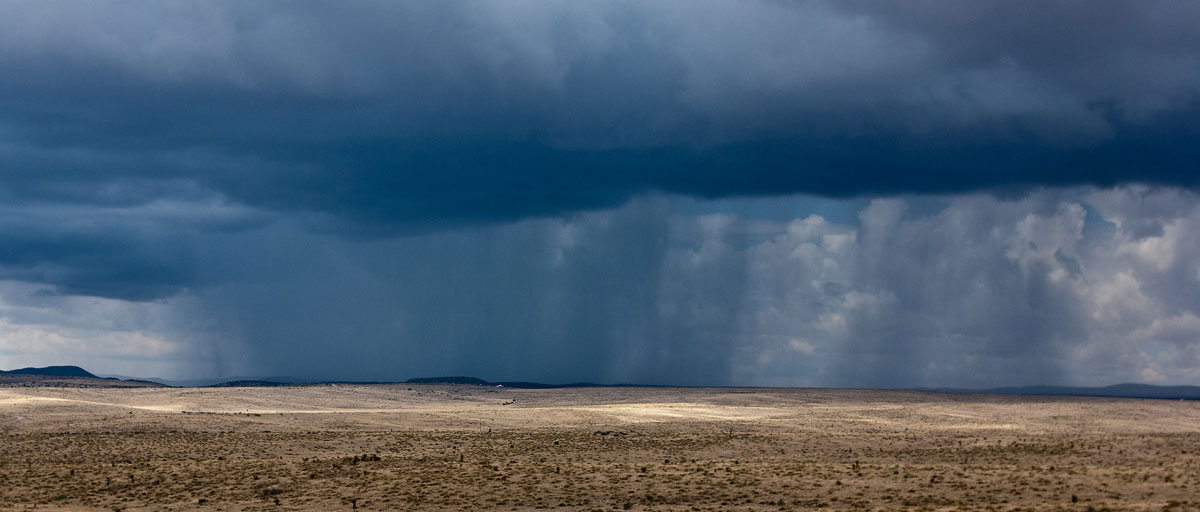WATER CYCLES
How to manage future freshwater

In a paper in One Earth, researchers propose a new framework for understanding water's many functions for supporting, regulating, and stabilizing climatic, ecological, and social systems. Photo: M. Almqvist/ Azote
Researchers propose a new framework for understanding water's many functions for supporting, regulating, and stabilizing climatic, ecological, and social systems
- The water cycle has been and continues to be massively modified through human activities, pushing systems dangerously near or beyond tipping points
- The water functions-based resilience framework summarizes how human actions tend to lead to social-ecological destabilization outcomes
- Recognizing water's diverse functional roles for resilience has the potential to promote a new generation of holistic and integrative water-based climate governance
GOVERNING PLANET'S BLOODSTREAM: Evaporation, condensation, precipitation, infiltration, surface runoff. These are the technical components used to explain something fundamental to our lives: the natural cycle of freshwater.
Water is essential for the production of food and energy, and is also a key regulator of the Earth's climate. In short, it plays a fundamental role in social-ecological resilience of the Earth system.
But despite this, the water cycle has been and continues to be massively modified through greenhouse gas emissions, water pollution, water withdrawal, and land-use change, threatening both environments and societies with collapse.
Recognizing water's many roles
In a recent paper in One Earth, centre researchers Malin Falkenmark and Lan Wang-Erlandsson propose a new framework for understanding water's many functions for supporting, regulating, and stabilizing climatic, ecological, and social systems.
The conceptual water functions-based resilience framework visualizes and summarizes how human actions tend to lead to social-ecological destabilization outcomes.
Recognizing water's diverse functional roles for resilience may promote a new generation of holistic and integrative water-land-climate governance.
Lan Wang-Erlandsson, co-author
The outcomes of human interference with the water cycle are diffiicult to predict and manage. Mounting evidence points to the critical role of water disturbances for pushing systems dangerously near or beyond tipping points.
New governance? Consider this
The authors stress the importance of water resilience as a precondition for secure human well-being.
They argue that to secure water resilience, governance will have to include the following:
- Water uses that remain cyclical and free from losses, green as well as blue
- Careful management of landscapes that are kept livable and resilient
- Well-managed food and biomass production
- Adoption of resilience building and protection of ecological services as central governance goals
- Development of adaptive governance that is able to prevent and remediate degradation of water resilience and account for cross-scale interactions up to the Earth-system level
Earth-system level
Given that social-ecological system disturbances are already widespread, the authors say that governance will have to focus on both resilience protection and resilience building.
This means that the UN Sustainable Development Goals (SDGs) must “acknowledge the biosphere as the fundamental basis for all the SDGs, and resilience and sustainability as inseparable central goals”.
“A functional understanding of the freshwater cycle can integrate with social-ecological resilience-building principles, complement existing water sustainability governance approaches, and highlight the potential need for Earth-system-level governance of water,” conclude the authors.
Falkenmark, M., Wang-Erlandsson, L. 2021. A water-function-based framework for understanding and governing water resilience in the Anthropocene. One Earth, Volume 4, Issue 2, 19 February 2021, Pages 213-225 https://doi.org/10.1016/j.oneear.2021.01.009








